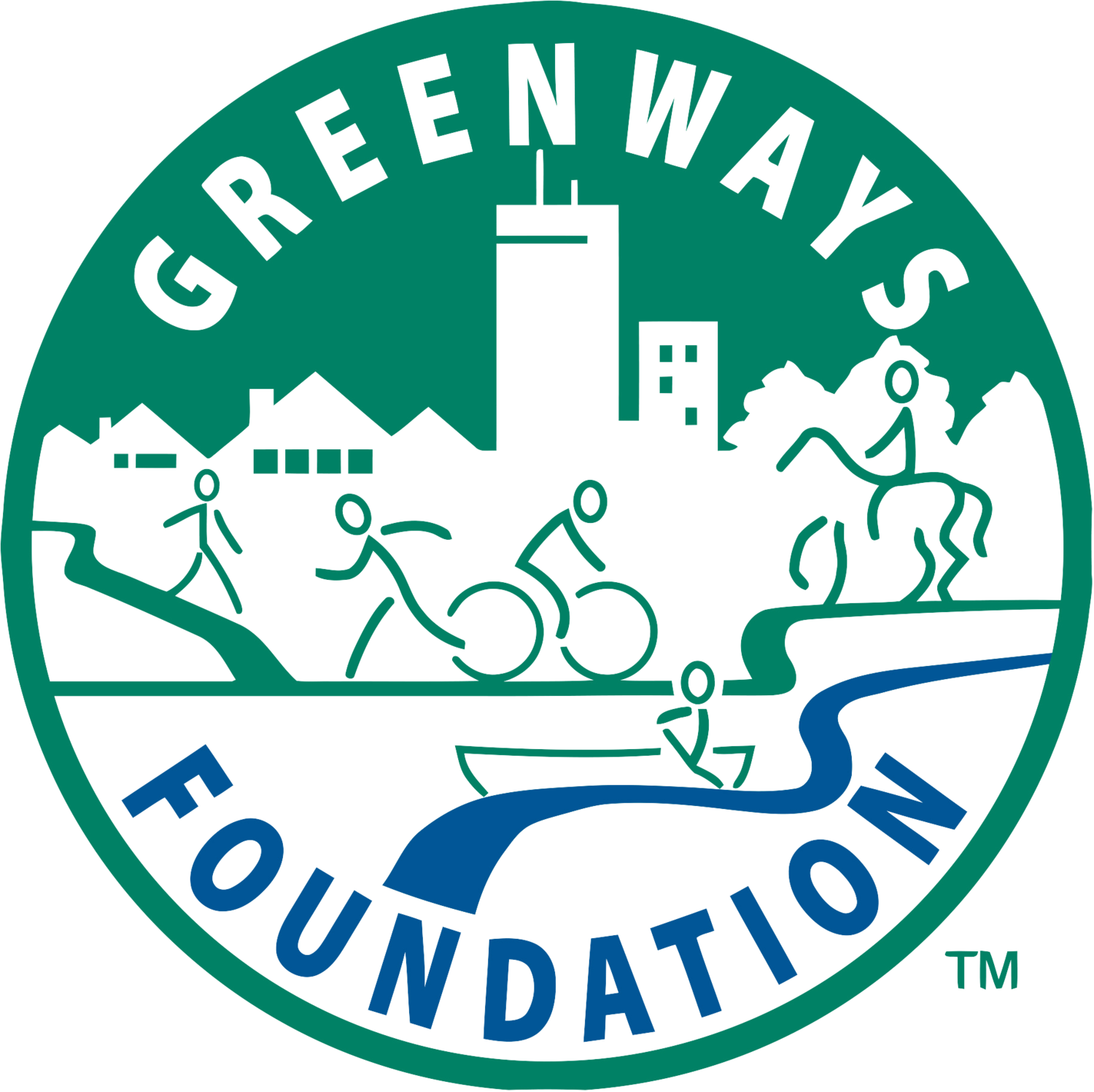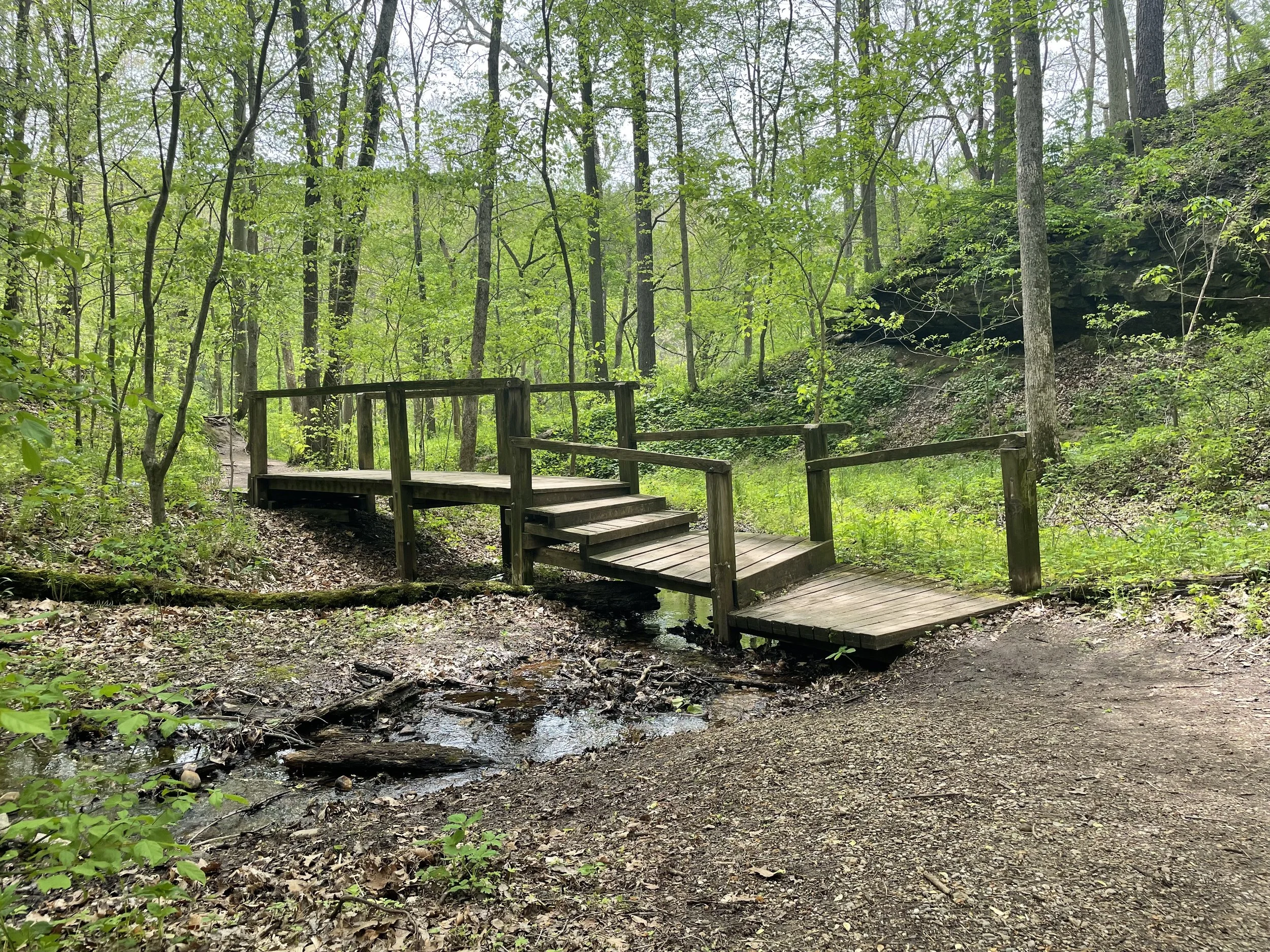Our Mission
Greenways Foundation champions Indiana’s network of trails to enhance the sustainability and health of communities across the state. We strive to create and maintain vibrant land and water trails that benefit all Hoosiers today and for generations to come through strategic grantmaking to organizations and communities, advocacy for the development and maintenance of trail infrastructure, educational initiatives, and targeted local support.
The Vision
We envision an Indiana where interconnected trails inspire healthy living; foster sustainable, economically enriched, and equitable communities; and connect people to nature, culture, and one another. We aim, through collaboration and innovation, to make Indiana a national leader in trail development and stewardship, creating a lasting legacy of accessible, world-class trails for all.
Strategic Plan 2025-2030
-
Greenways Foundation is focused on growing its annual budget to $1 million within the next five years to amplify our impact on Indiana’s trail network. By increasing funding, we will enhance our ability to provide grants, acquire land, advocate for state investments, and support professional development for trail organizations. Through diversified revenue streams, strategic partnerships, and strengthened fundraising efforts, we aim to ensure the financial sustainability necessary to achieve our mission of creating vibrant, connected, and accessible trails across Indiana.
-
Greenways Foundation is committed to securing a $90 million investment from the State of Indiana over the next six years to support the development, enhancement, rehabilitation, and maintenance of trails infrastructure. This funding will expand Indiana’s network of land and water trails, improve accessibility, and ensure long-term sustainability. By collaborating with policymakers, community leaders, and trail stakeholders, we aim to demonstrate the economic, environmental, and public health benefits of trails, positioning them as essential infrastructure for Indiana's future growth and quality of life.
-
Greenways Foundation is dedicated to supporting organizations and communities in Indiana in the development of comprehensive master plans for their trail systems. These plans will serve as strategic roadmaps to guide the development, connectivity, and maintenance of trails, aligning local efforts with statewide goals for sustainability, recreation, and economic growth. By providing resources, expertise, and advocacy, we will empower communities to envision and implement trails that meet their unique needs while contributing to a cohesive, statewide network.
-
Greenways Foundation is committed to enriching the knowledge, skills, and connections of trails professionals by supporting the annual Trails Gathering and Mid America Trails and Greenways Conference. These events provide invaluable opportunities for learning, collaboration, and innovation, bringing together experts, advocates, and practitioners to share best practices, explore emerging trends, and address challenges in trail development and management. By fostering professional growth and networking, we aim to strengthen Indiana's trail community and elevate the impact of trail projects statewide.
-
Greenways Foundation aims to assist organizations and communities in securing land, including abandoned railway corridors, over the next six years to connect trails. These acquisitions will preserve critical pathways for trail connectivity, enhance access to outdoor recreation, and support sustainable transportation options. By working with landowners, municipalities, and trail advocates, we will identify and assist in the acquisition of high-priority corridors, laying the groundwork for vibrant, interconnected trails that strengthen communities and enrich the lives of Hoosiers.

